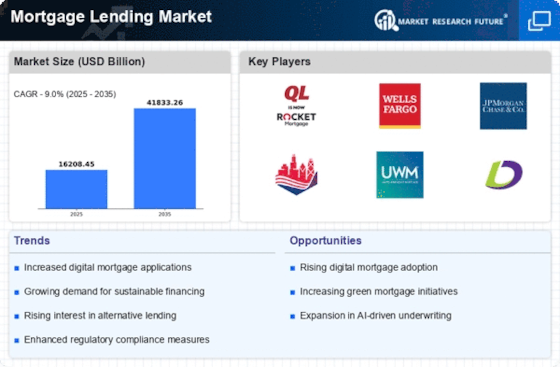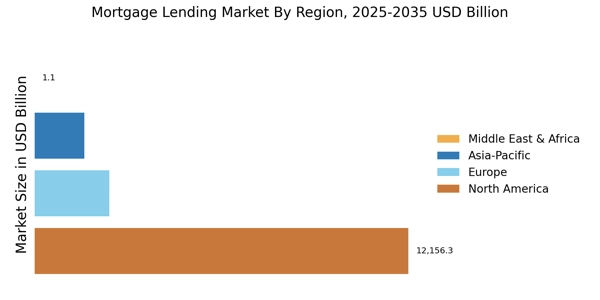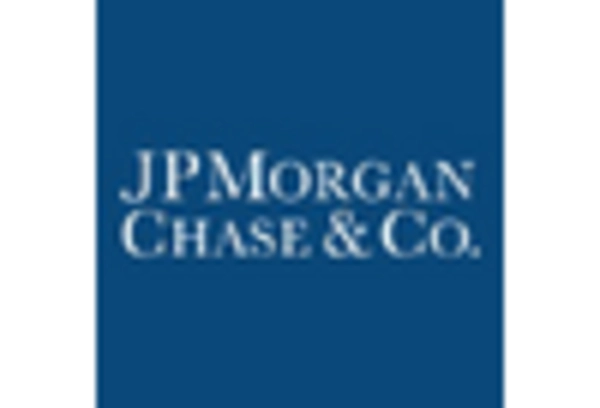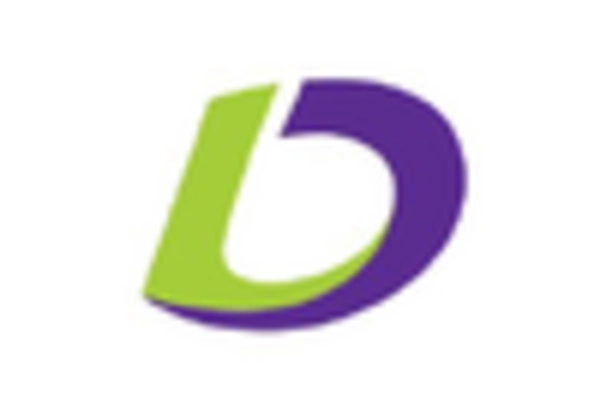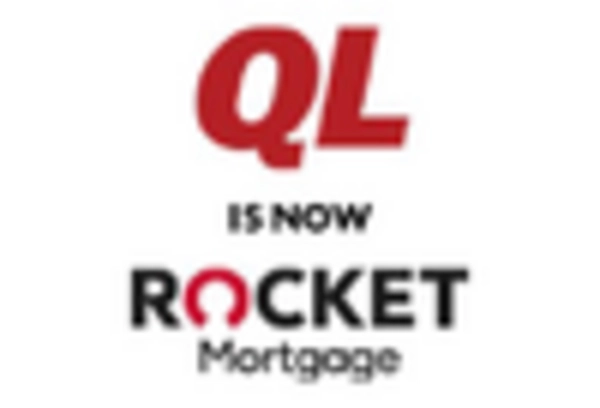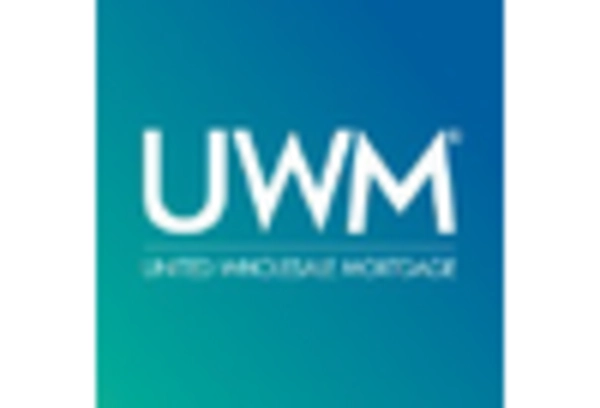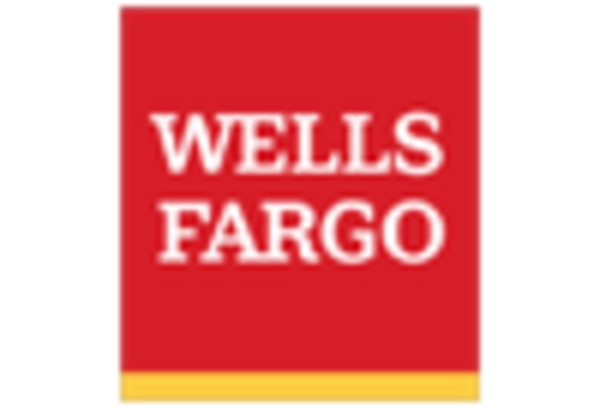Rising Interest Rates
The current landscape of the Mortgage Lending Market is characterized by rising interest rates, which could have a profound impact on borrowing behavior. As central banks adjust monetary policy to combat inflation, mortgage rates are likely to follow suit, leading to higher borrowing costs for consumers. Recent data suggests that average mortgage rates have increased by approximately 1.5%age points over the past year, which may deter some potential homebuyers from entering the market. However, this scenario could also lead to a shift in consumer preferences towards adjustable-rate mortgages, as borrowers seek to mitigate the impact of rising fixed rates. Consequently, lenders in the Mortgage Lending Market may need to adapt their strategies to accommodate changing consumer needs and preferences in a higher interest rate environment.
Increasing Homeownership Rates
The Mortgage Lending Market is currently experiencing a notable increase in homeownership rates, which appears to be driven by various socio-economic factors. As more individuals and families seek to invest in real estate, the demand for mortgage products is likely to rise. Recent data indicates that homeownership rates have climbed to approximately 65%, suggesting a robust interest in property acquisition. This trend may be further fueled by favorable lending conditions, including competitive interest rates and flexible mortgage options. Consequently, lenders are adapting their offerings to cater to this growing demographic, which could lead to an expansion of the Mortgage Lending Market. The potential for increased homeownership is not only a reflection of consumer confidence but also a catalyst for economic growth, as it stimulates related sectors such as construction and home improvement.
Demographic Shifts and Urbanization
Demographic shifts and urbanization trends are significantly influencing the Mortgage Lending Market. As populations continue to migrate towards urban centers, the demand for housing in these areas is intensifying. This trend is particularly evident among millennials and Gen Z, who are increasingly seeking homeownership opportunities in metropolitan regions. Recent statistics indicate that urban areas are experiencing a housing shortage, which may drive up property prices and, in turn, increase the demand for mortgage financing. Lenders are likely to respond by tailoring their products to meet the needs of these urban homebuyers, potentially leading to innovative mortgage solutions. The interplay between demographic changes and urbanization is expected to shape the future of the Mortgage Lending Market, as it adapts to the evolving preferences of a diverse consumer base.
Regulatory Environment and Compliance
The regulatory environment surrounding the Mortgage Lending Market is continually evolving, with new compliance requirements impacting lending practices. Recent legislative changes have introduced stricter guidelines aimed at protecting consumers and ensuring responsible lending. These regulations may include enhanced disclosure requirements and more rigorous assessments of borrowers' financial capabilities. While these measures are designed to promote transparency and reduce risk, they could also pose challenges for lenders in terms of operational adjustments and compliance costs. Nevertheless, a well-regulated Mortgage Lending Market can foster consumer trust and stability, which may ultimately benefit lenders in the long run. As the regulatory landscape continues to shift, stakeholders in the Mortgage Lending Market must remain vigilant and adaptable to navigate these changes effectively.
Technological Advancements in Lending
Technological advancements are reshaping the Mortgage Lending Market, as lenders increasingly adopt digital solutions to enhance efficiency and customer experience. The integration of artificial intelligence and machine learning into underwriting processes is streamlining loan approvals, reducing turnaround times significantly. Data from recent surveys indicates that over 70% of lenders are investing in technology to improve their operations. This shift towards automation and digital platforms is likely to attract a younger demographic, who prefer online services and quick access to information. As technology continues to evolve, the Mortgage Lending Market may witness a transformation in how loans are originated, processed, and serviced, potentially leading to increased competition among lenders and better offerings for consumers.


